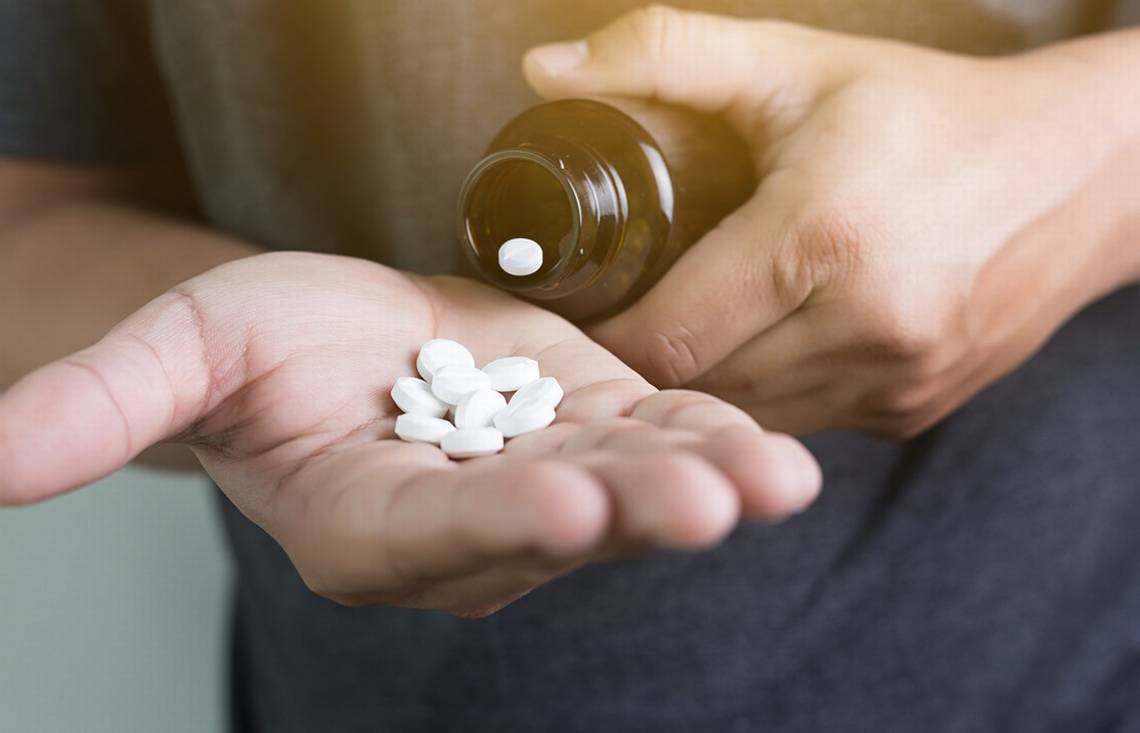
Learn More About Anxiety Medications for Children?
Antidepressants:
Antidepressants and serotonin reuptake inhibitors are the apparent drugs of choice for treating anxiety in children. The use of antidepressants for anxiety can be revolutionary with the proper assessment and the child. And it may happen rapidly; in our studies, we frequently see children improve within the first week or two of therapy. They’re not entirely healthy, but they’re on the right track, and that type of early reaction builds trust in the anxiety therapy, helps parents and fathers feel a little better, and makes the kids feel good. This is one of the natural anxiety medication for children.
Benzodiazepines:
Finally, benzodiazepines are another medicine I frequently see utilised in children with anxiety problems. They are beneficial in lowering acute anxiety in children experiencing pain or discomfort. However, the evidence for their long-term benefit, especially in adults, is scant. natural anxiety medication for children will helps in curing this diseases.

Medication for Childhood Anxiety Disorders:
In the treatment of anxiety disorders in children and adolescents, medication can be a significant and sometimes vital component. Many adolescents and teenagers with anxiety disorders benefit from cognitive behavioural therapy, medication, or a combination of the two. Younger children usually react well to behavioural treatment there despite the fact older children and adolescents may benefit from medicine and behavioural therapy.
A family of antidepressants known as selective serotonin reuptake inhibitors is the most often used medicine for treating anxiety problems in children and adolescents. They function by increasing serotonin levels in the brain. It allows brain chemicals to interact more effectively, which helps to boost mood and reduce anxiety. Sertraline, paroxetine, and citalopram are examples of these drugs. Insomnia, anxiety, nausea, and diarrhoea are some side effects.
A doctor may give a blood pressure drug called a beta blocker to teenagers with fears, such as public speaking or social phobia, to treat physical symptoms such as trembling, heart palpitations, and sweating. These treatments are given only when necessary, and possible side effects include cold hands, headaches, upset stomach, and constipation.


